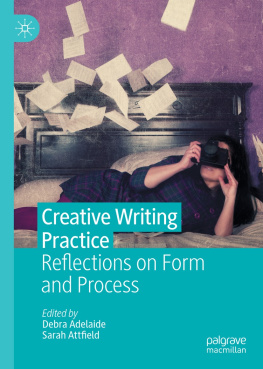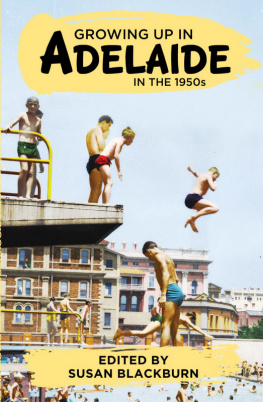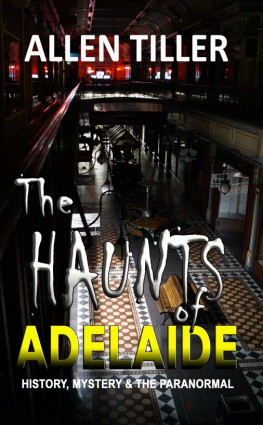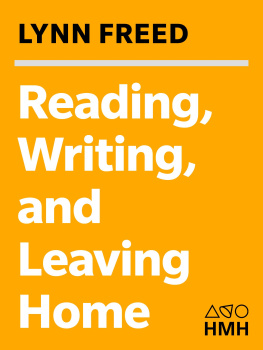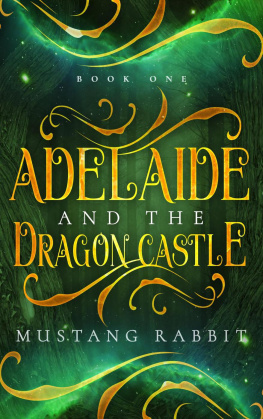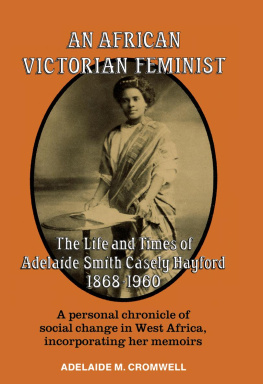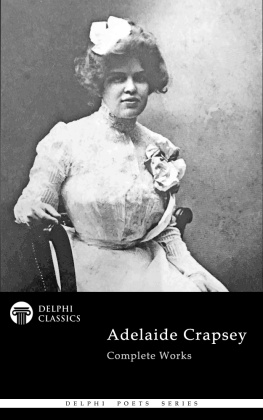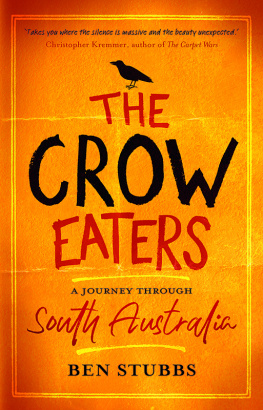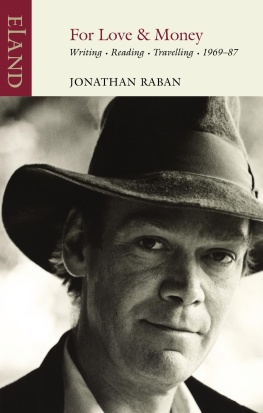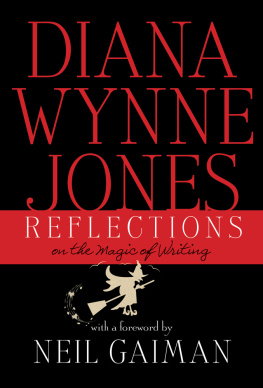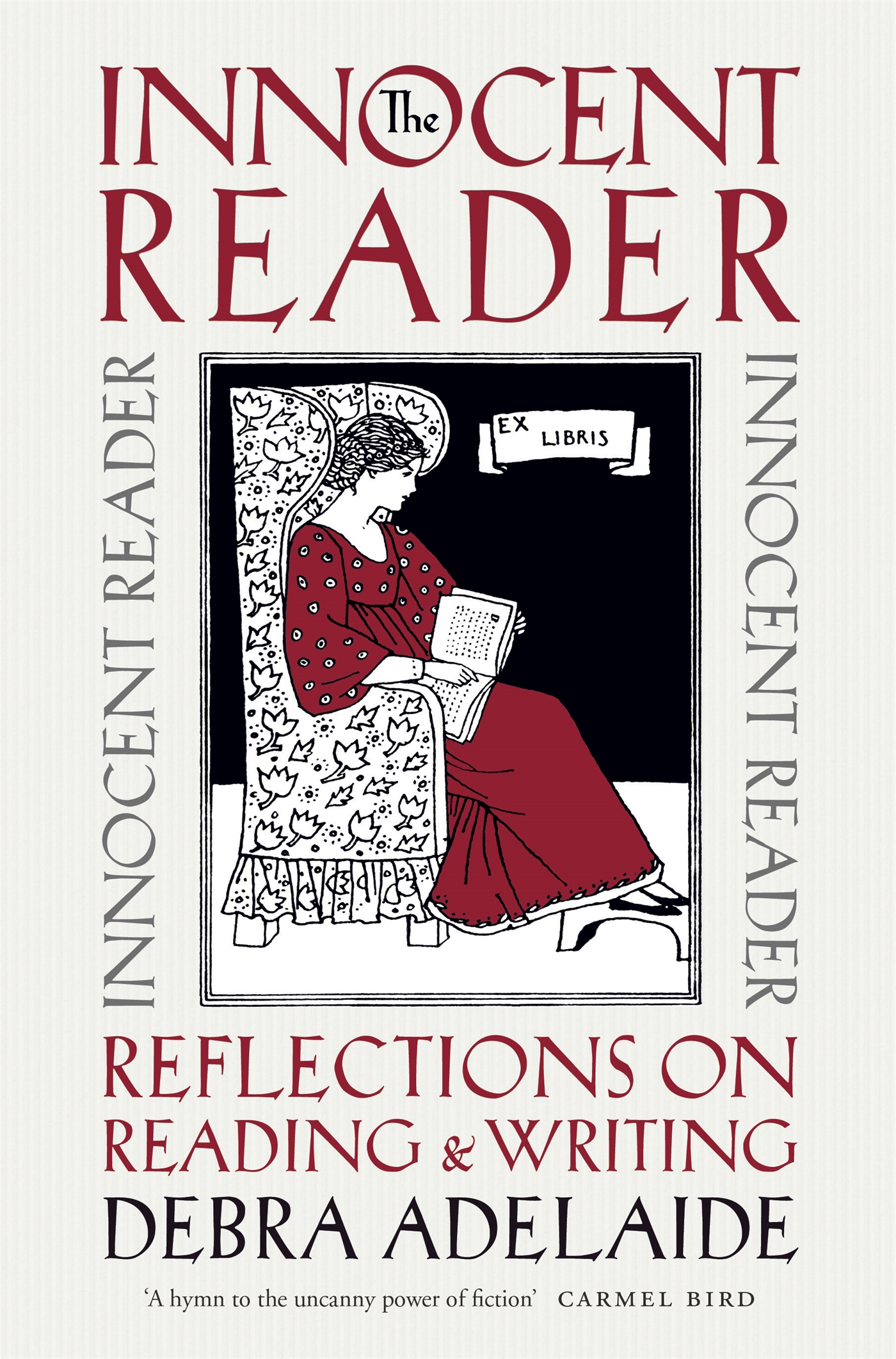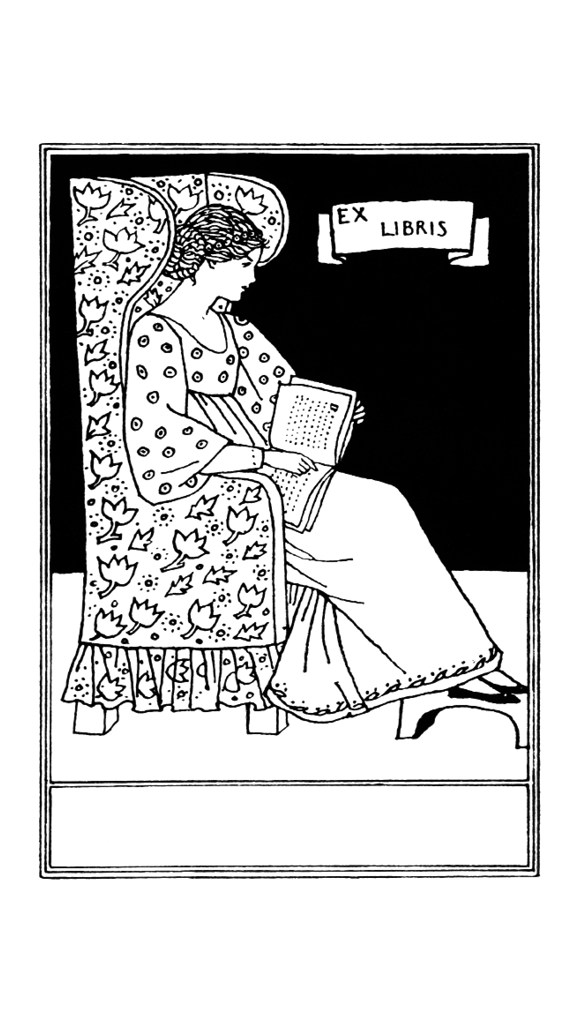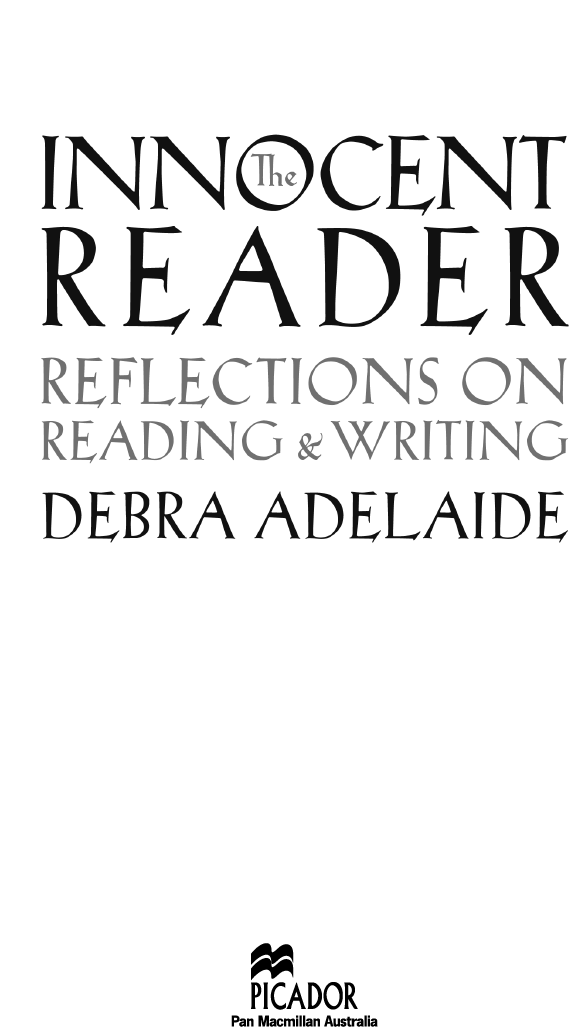Debra Adelaide - The Innocent Reader: Reflections on Reading and Writing
Here you can read online Debra Adelaide - The Innocent Reader: Reflections on Reading and Writing full text of the book (entire story) in english for free. Download pdf and epub, get meaning, cover and reviews about this ebook. year: 2019, publisher: Pan Macmillan Australia, genre: Art. Description of the work, (preface) as well as reviews are available. Best literature library LitArk.com created for fans of good reading and offers a wide selection of genres:
Romance novel
Science fiction
Adventure
Detective
Science
History
Home and family
Prose
Art
Politics
Computer
Non-fiction
Religion
Business
Children
Humor
Choose a favorite category and find really read worthwhile books. Enjoy immersion in the world of imagination, feel the emotions of the characters or learn something new for yourself, make an fascinating discovery.

- Book:The Innocent Reader: Reflections on Reading and Writing
- Author:
- Publisher:Pan Macmillan Australia
- Genre:
- Year:2019
- Rating:3 / 5
- Favourites:Add to favourites
- Your mark:
The Innocent Reader: Reflections on Reading and Writing: summary, description and annotation
We offer to read an annotation, description, summary or preface (depends on what the author of the book "The Innocent Reader: Reflections on Reading and Writing" wrote himself). If you haven't found the necessary information about the book — write in the comments, we will try to find it.
Books are impractical companions and housemates: they are heavy when you are travelling, and in the home take up a lot of space, are hard to keep clean, and harbour insects. It is not a matter of the physical book, it is the deep emotional connection that stretches back to my early years. Living without them is unimaginable.
These collected essays share a joyous and plaintive glimpse into the reading and writing life of novelist, editor and teacher of creative writing Debra Adelaide.
Every book I have read becomes part of me, and discarding any is like tearing out a page from my own life.
With immediate wit and intimacy, Adelaide explores what shapes us as readers, how books inform, console and broaden our senses of self, and the constant conversation of authors and readers with the rest of their libraries. Drawing from her experiences in the publishing industry, the academic world, her own life and the literary and critical communities, she paints a vibrant portrait of a life lived in and by books, perfect for any student, bibliophile, editor, or simply: reader.
PRAISE FOR THE INNOCENT READER
In an act of generosity, Adelaide offers readers a deeper understanding of how the unconscious shapes, filters and connects ideas through a lifelong love affair with books. She has given me sharper lenses through which to focus more closely on what is on the page and how it got there. CAROLINE BAUM
The complex transaction between writer and reader unfolds, in these vivid and generous personal essays, to produce a hymn to the uncanny power of fiction. CARMEL BIRD
A passion for books is threaded through every part of Debra Adelaides life, as writer, teacher and mother. Shes an unpretentious but discerning reader, a rigorous and amusing guide, a generous and confiding friend, a literary autodidact who demonstrates that reading is both an appetite and a muscle. I devoured these essays, spiced with the detail of Debras personal experience, and felt again the pure hunger for books I had as a child. The Innocent Reader has the power to ignite a love of stories and sentences, and is a trove of wisdom for readers, writers and students who want to sharpen their skills. SUSAN WYNDHAM
An indispensable guide for every student of creative writing, an ideal companion for the avid reader. A book full of insights as helpful to the seasoned professional writer as to the novice starting out. The Innocent Reader is also a sort of companion to the body of work of one of our most treasured writers, wherein the author gives away more of herself than ever before, through books both read and written, with friends in the business of reading and writing. Debra Adelaides reflections are at once warm-hearted and steely, and throw light not just on her own work, but also our literary culture as a whole. FIONA McGREGOR
A bounty of beautiful, profound (and useful) statements on reading and writing . . . This book is a standing ovation to the glory and wonder of books. WEEKEND AUSTRALIAN
Debra Adelaide: author's other books
Who wrote The Innocent Reader: Reflections on Reading and Writing? Find out the surname, the name of the author of the book and a list of all author's works by series.

